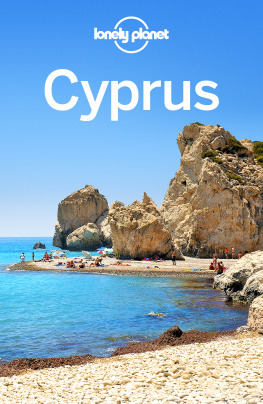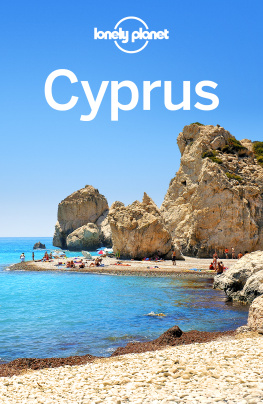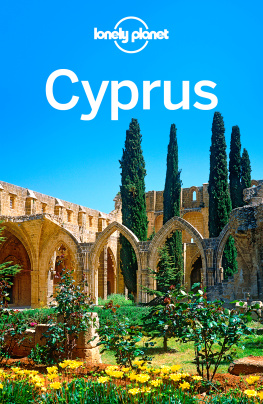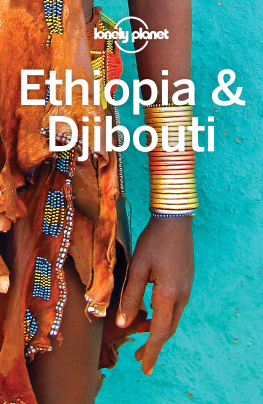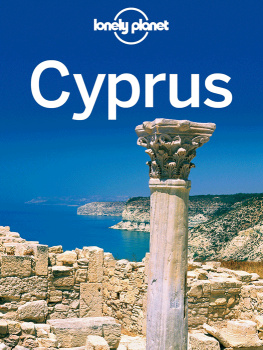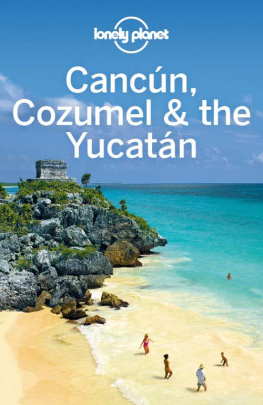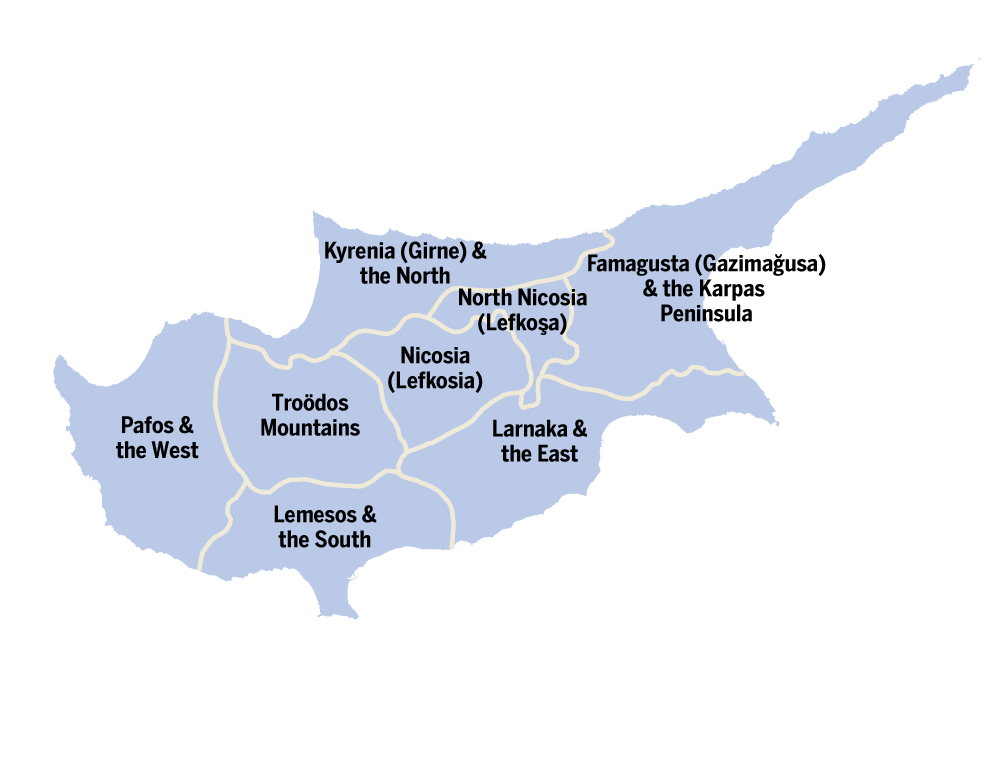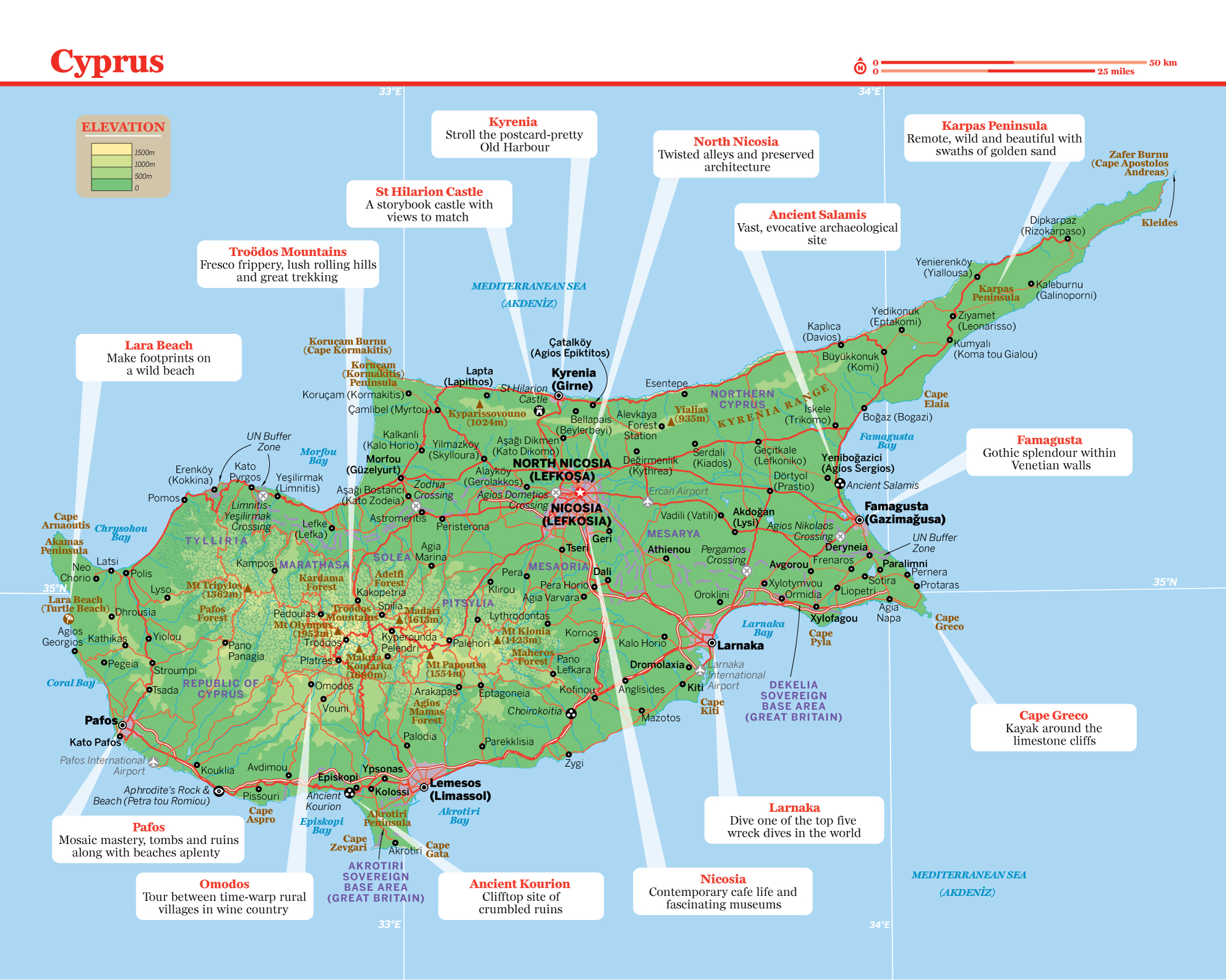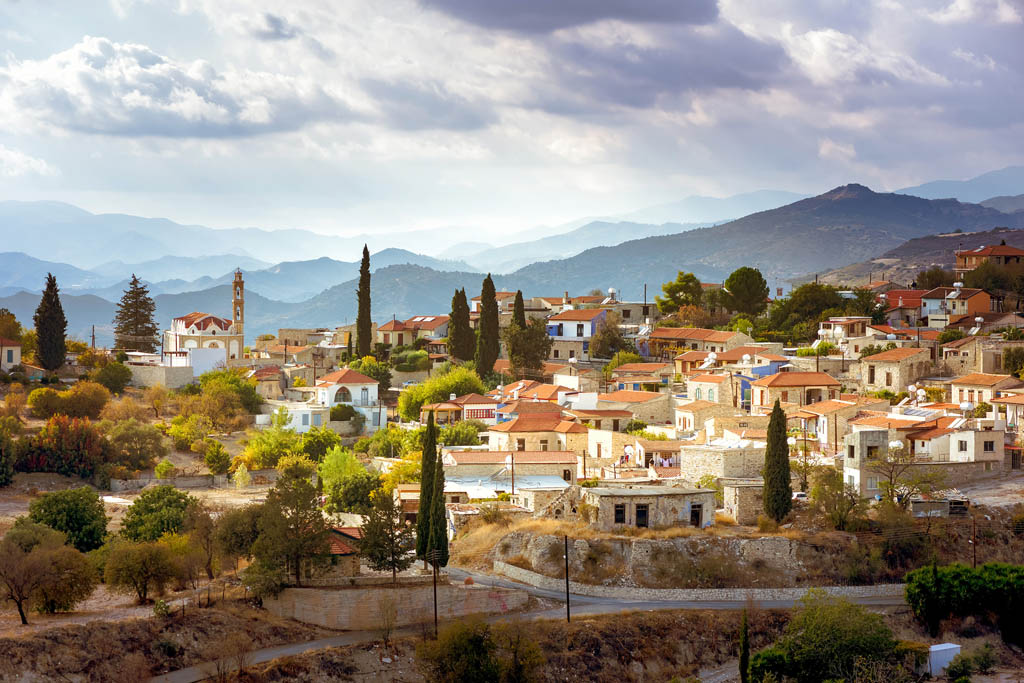Crossing the line between the South and the North allows you not only to gain some understanding of the island's complex and painful modern-day history, but also experience the two Cypriot communities. Greek Cypriot and Turkish Cypriot societies are intrinsically different yet incredibly similar, linked by the still-strong role of traditional family life and a rich history where food cultures and folk customs have intermingled, but divided by belief. One thing's for sure wherever you are on the island: the naturally warm Cypriot hospitality is much in evidence on both sides of the Green Line.
The Great Outdoors
The landscape and Mediterranean climate mean that outside is where its at and where you should be. Sun-soaked stretches of sand are Cyprus' calling card and there's a beach for everyone here, from wild and windswept to family-friendly and packed. Every conceivable water sport is on offer, from scuba diving to skimming the surface on a kite- or windsurf board. And if you tire of all that blue, strike out into the interior, where wildflower-studded meadows and valleys of densely planted vineyards sweep up to a pine-clad mountain spine offering hiking, biking and, yes, even winter skiing.
A Sense of the Past
Steeped in myth, coveted by every conqueror with an eye for a prize, Cyprus' tumultuous and multilayered past has left ancient riches strewn across this island. Neolithic dwellings, Bronze Age and Phoenician tombs, remnants of once-mighty city-kingdoms, Roman mosaics, mountaintop castles and Byzantine churches home to a glut of renowned frescos lay scattered through the countryside. While strolling the cities you can spot the preserved architectural legacy of the Lusignan, Venetian and Ottoman periods. Cyprus may welcome you to flop out on the beach, but dig into the past here and you'll unearth the entire history of the Mediterranean.
A Culinary Feast
Meze is a delicious way to acquaint yourself with the local cuisine, tantalising the taste buds with a feast of small dishes, from creamy hummus to kebabs or afelia (pork cooked in red wine) and everything in between. Heavily influenced by Turkish, Greek and Middle Eastern food cultures, Cypriot cooking has some of its own culinary stars, including haloumi (hellim in Turkish) and kebab favourite sheftalia (eftali kebap in Turkish; grilled sausages wrapped in caul fat). And don't forget the desserts. Flavoured with almonds, rose water and pistachios, sweet treats range from comforting rice puddings to gloriously sticky baklava.
Kato Drys village | KIRILL_MAKAROV / SHUTTERSTOCK
Why I Love Cyprus
By Jessica Lee, Writer
For a girl not big on beach time, Cyprus' appeal may seem strange. But just like Aphrodite's ability to lure in the lovers, this island has exuded a magnetic charm on all who've washed up here across the centuries. Whether hiking between time-warp villages and ruins, over hillsides strewn with Jerusalem sage and wild fennel, or admiring crumbling castle ramparts and the golden glint of richly saturated Byzantine frescos, for me, Cyprus encapsulates the convoluted and fascinating history of the eastern Mediterranean, all wrapped up in one bite-sized package.

